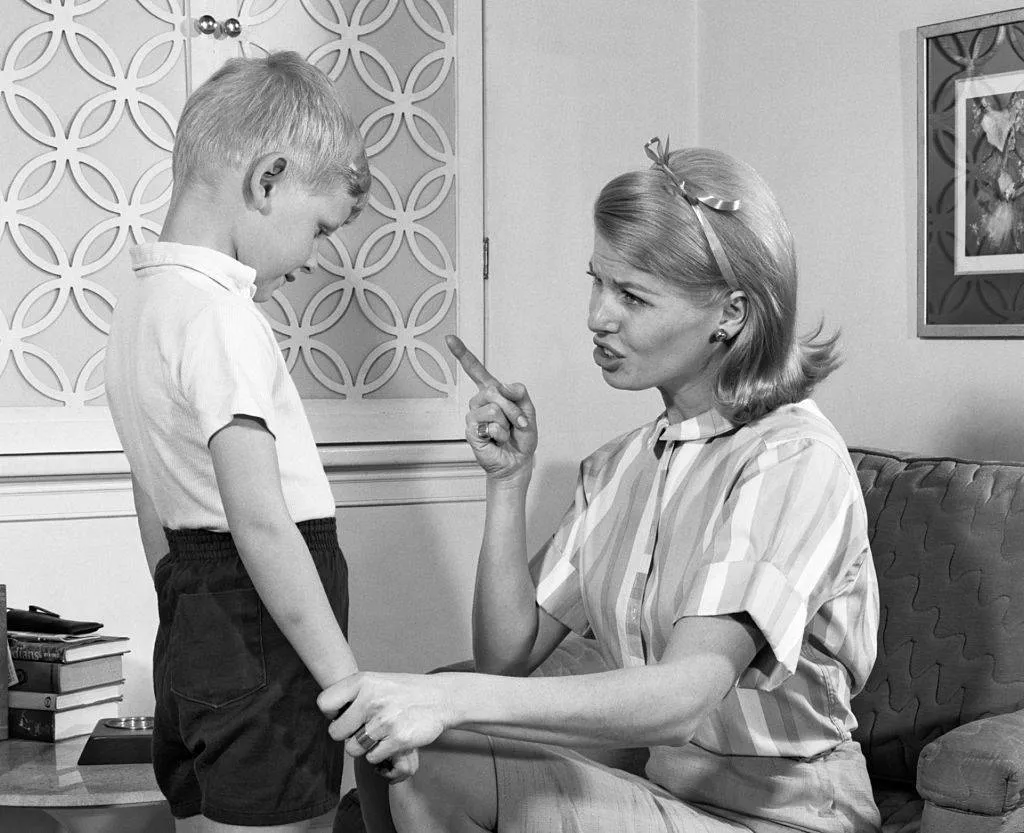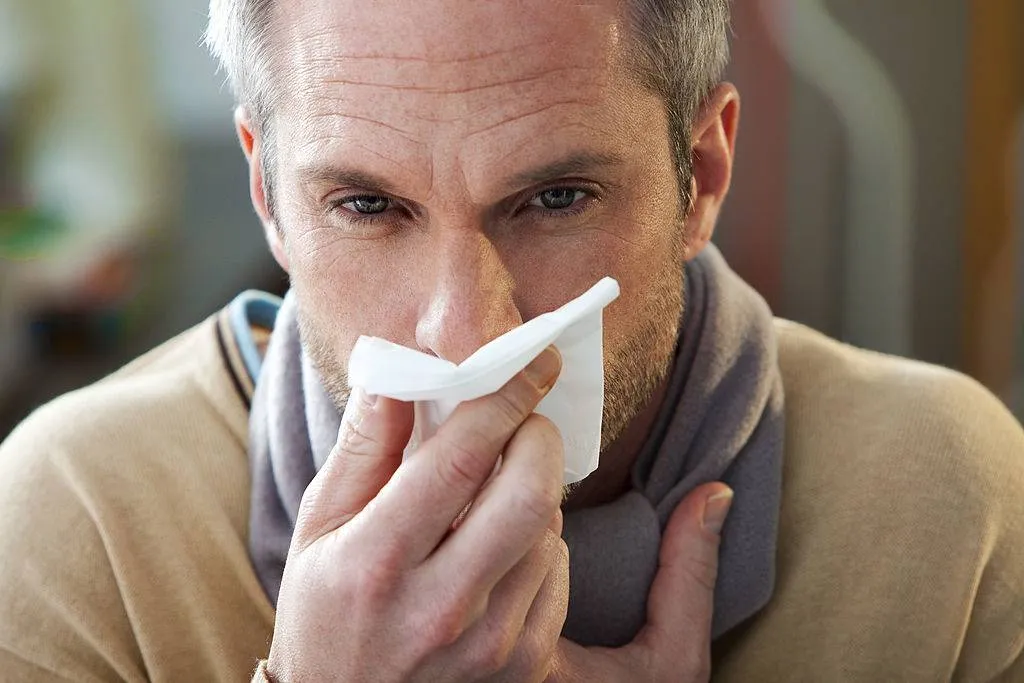An Etiquette Guide As Social Distancing Rules Loosen
As social distancing rules gradually loosen, some are wondering what that means when it comes to etiquette. While some are eager to get back to their normal lives, others feel more cautious. Wherever you land on the comfort spectrum, it's important to remain respectful of others. From keeping distance in the grocery store to respectfully declining an invitation, there are tactful ways to establish boundaries without offending. Read on for etiquette tips as social distancing rules begin to lift.
Offer An Elbow Bump

If someone offers a handshake, there's nothing wrong with meeting their hand with an elbow bump instead. You can even offer a soft chuckle to lighten the mood and show that you aren't trying to offend.
Another option is to place your palms together and bow to indicate that you reciprocate the gesture. On the flip side, if you're comfortable with shaking hands but aren't sure someone else is, you can offer an elbow or fist bump, or bow to them in respect.
Use Body Language

As humans, we're professionals at reading body language because we've been doing it our entire lives. If someone you're talking to is standing a little too close, try pivoting away and leaning back to cue to the other person that you need some distance.
Additionally, if you're walking past someone and swerve to the side to create distance, odds are the other person will take notice. To avoid being misconstrued as rude, you can offer a smile or a hand wave.
Show Your Appreciation For Being Invited

When it comes to RSVPing for events, you don't have to say "yes." At the same time, simply replying "no" can come off as cold or abrupt. Instead, state that you're still being wary of social interactions, but express your appreciation for being inviting.
If you're sending out invitations or want to plan a hangout, be sure to include that you are sensitive to the comfort levels of others. The less pressure you put on others the less likely they are to become offended or to give you a false RSVP.
Agree To Disagree

Sometimes, you just need to be blunt about where you stand. Whether you're expressing your desire for more space or are reacting to someone doing so, it's important to validate the freedom of others.
Rather than condemning someone for not sharing your position, try to reassure them that they don't need to agree with you on safety precautions. While asking someone to respect your preferences, it can be helpful to acknowledge that you also respect their's.
Communicate Your Precautions Ahead Of Time

If you are meeting with someone in person, it may be wise to have a conversation about both of your social distancing preferences ahead of time. If it's a friend or family member, mention to them what you're comfortable with in terms of masks, hugs, etc.
Likewise, ask them how they feel about social distancing at this time. Respect the wants of the person who is more cautious without judgment, and be sure to maintain a kind tone of voice.
Keep Hand Sanitizer Around

With all of the uncertainty surrounding the pandemic, it may be wise to have hand sanitizer on your person at all times. This way, if you shake someone's hand by habit or touch a public handle, you don't have to excuse yourself and go find a restroom.
It can also be a way to bridge the gap between those who are more cautious and those who aren't. Offering someone else hand sanitizer shows that you're mindful and considerate of their health and safety.
Refrain From Demanding Things Of Others

During times of crisis, it can be easy to leave manners at the door. As tempting as it may be to comment on the choices of others, try to remember that the only person you're responsible for is yourself and your dependents.
Of course, the exception is when someone is entering your home, car, or other property. In this case, be sure that they are comfortable with your preferred precautions and that you likewise are willing to respect theirs.
Seek The Help Of Those In Charge

If you're out and about and someone isn't following the rules of an establishment, it can be helpful to seek the help of someone in charge. For instance, if you're on a plane and the person next to you is putting your health at risk, you can mention it to a flight attendant.
Likewise, if you're in a store or at a restaurant, you can ask for a manager to assist in enforcing social distancing rules that are still in place.
Follow Floor Markings

Though many establishments are opening up, many are still required to take certain precautions. One example is the floor markings that are set six feet apart. Regardless of how you feel about these rules, it is important to respect the business and others.
Follow the directions indicated through signs, employees, and markings so that everyone can feel safe. These guides are not worth arguing over, as doing so will likely cause more harm than good.
Avoid Breathing Onto Others

If you choose not to wear a mask, it's important to be aware of your airflow. Avoid yelling in the direction of those who are in close proximity, and cover your mouth when you cough or sneeze and immediately wash your hands.
Regardless of how you feel about your health and safety, it's important to respect others. Especially when it comes to strangers, you don't always know what other people are thinking or feeling, so having consideration is vital.
Walk In Single File Lines

If your gathering with others in a public place, consider forming a single file line when walking along a crowded path. For example, if your family chooses to have a picnic at a park, it may be difficult to maneuver at a safe distance if your group is spread horizontally across a path.
Those who are coming in the opposite direction, or are in a hurry and need to get around your group, may be unable to do so. Walking in a line can help to ensure that everyone has ample space to maintain their desired distance.
Be Mindful Of Those With Mobility Aids

While it's important to be respectful of others in general, it's especially vital to be mindful of those with mobility aids. Someone in a wheelchair or using a walker may not be able to get out of your way or maneuver so that they are at a safe distance.
Likewise, those who have strollers or are trying to manage their dog may not have as easy of a time stepping out of a pathway. If you're able, step out of the way or onto the street to give those with mobility aids space.
Remember That Masks Muffle Your Voice

When wearing a mask, it can be easy to forget that it muffles your voice. This can lead to others being unable to hear or understand what you're saying, which may lead them to come in closer.
Be sure to speak a little louder in your mask than you usually would. On the flip side, if someone else is wearing a mask, don't be frustrated if you can't understand them. Politely remind them that their mask disrupts their voice and ask them to please speak a little louder.
Be Willing To Use Alternative Modes Of Communication

During these difficult times, it's paramount to stick together, even if only virtually. If you or someone you know is not comfortable interacting in person just yet, stay open to alternative modes of communication.
Resist the urge to reject those who feel differently about the pandemic than you do. Instead, try to find a way of interacting that accommodates the person who is being cautious. Your relationship doesn't have to suffer in the midst of a health crisis.
Consider Skipping The Elevator

Though social distancing restrictions are loosening up, it is still advised to maintain as much distance as possible. This can be particularly challenging when it comes to the elevator. Don't be afraid to wait for the next elevator if someone is already inside.
Alternatively, it may be worth taking the stairs. After all, many of us could use the exercise after months in quarantine. On the other hand, if you're in the elevator and are sick, be sure to warn people of that before they board.
Runners Should Prepare To Avoid Pedestrians

Since runners are speeding by people, it's up to them to prepare to give proper space. Often times, pedestrians don't have enough time to scoot over when they notice a runner suddenly nearing them.
This is especially true for those with mobility aids, strollers, dogs, etc. Though experts say it is unlikely that a person running by will infect someone, there is still a chance. For this reason, runners can intimidate those around them if they don't make an effort to create distance.
Avoid Touching Others' Belongings

Once upon a time, it was considered polite to pick up something that a stranger had dropped. That has since changed, especially for those who are being as cautious as possible to avoid germs.
If you're in a situation where you feel tempted to pick up something that belongs to someone else, resist the urge and call out to them instead. Also, try to be as prepared as possible so that you don't need to borrow easily avoidable items, such as a pen.
Allow Guests To Bring Their Own Items

When it comes to planning a party at home, it can be nerve-wracking to think about how to ensure everyone feels safe and accommodated. One thing that may help bridge the gap between those who are cautious and those who aren't is suggesting people bring their own items.
From food to drinks to disposable items, there plenty of things that guests can choose to bring if they don't feel comfortable sharing. It also takes off some of the pressure on the host.
Keep The Bathroom Stocked With Disinfectant

Another helpful tool when it comes to inviting guests over is disinfectant. While it seems like a no-brainer to clean the house before company arrives, it's important to provide a way for guests to keep things clean throughout their stay.
In addition to making sure the bathroom is stocked with toilet paper, be sure that there are paper towels and disinfectant on the counter. You can also keep wipes, hand sanitizer, and other cleaning items present around the house.
Notify Others If You're Sick

While the authorities are doing their best to contact trace, it's wise to do your own form of contact tracing if you get sick. Notify anyone you've been in contact with over the past 14 days if you believe you may have coronavirus.
Rather than waiting for a test result, feel free to warn people the moment you have symptoms. Being as communicative as possible isn't meant to scare others, but rather to protect them.









